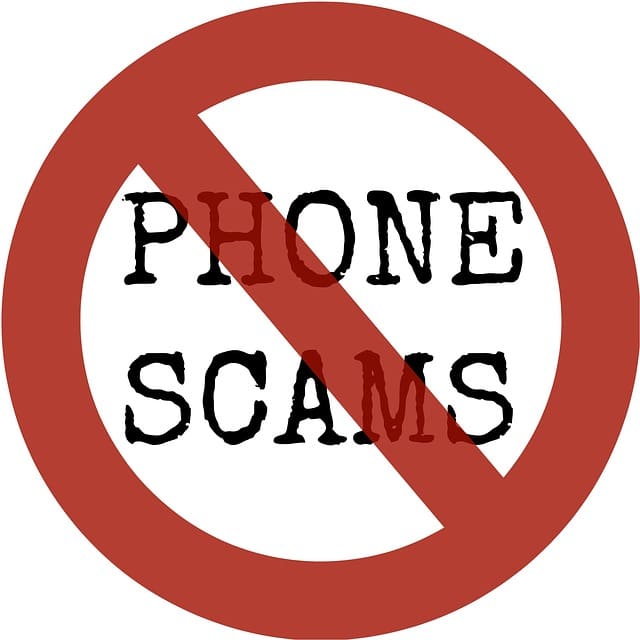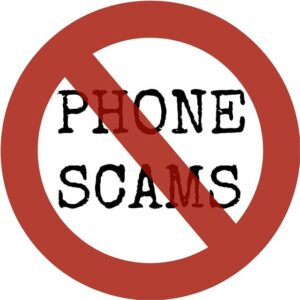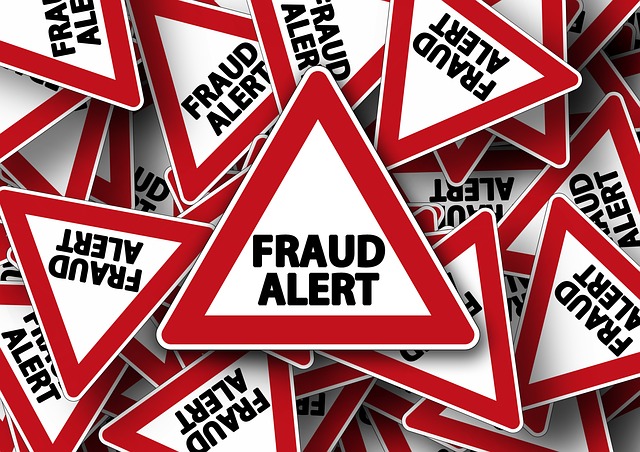Jasmine Birtles
Your money-making expert. Financial journalist, TV and radio personality.


There has been a steep increase in nasty telephone scams over the last year which means you need to be extra careful not to be conned.
Over the last 12 months, at least £23.9 million has been lost to Vishing (the fancy term for phone scams), which is a £7 million increase on the year before.
 These scams typically involve fraudsters tricking people into thinking that they’re taking to a police officer, a member of bank staff or a member of another known organisation (such as a computer company.)
These scams typically involve fraudsters tricking people into thinking that they’re taking to a police officer, a member of bank staff or a member of another known organisation (such as a computer company.)
 The scammers will try to convince you that you have been a victim of fraud and will ask you to give your card details, your pin number or passwords. Reading this you might think you’d never be fooled but you have to remember that being told you’re a victim of fraud is a flustering experience and you may let your guard down quicker than you’d think.
The scammers will try to convince you that you have been a victim of fraud and will ask you to give your card details, your pin number or passwords. Reading this you might think you’d never be fooled but you have to remember that being told you’re a victim of fraud is a flustering experience and you may let your guard down quicker than you’d think.
Other types of these scams may involve the fraudster trying to persuade you to transfer money or actually hand over your card to a courier who comes to your door (the audacity!)
 Sometimes these fraudsters will get you to verify their identity by asking you to ring your bank’s number. However they’ll stay on the line and still be there even after you’ve dialled the correct number – these guys really will try anything to fleece you from your hard earned cash.
Sometimes these fraudsters will get you to verify their identity by asking you to ring your bank’s number. However they’ll stay on the line and still be there even after you’ve dialled the correct number – these guys really will try anything to fleece you from your hard earned cash.
Financial Fraud Action UK believe that 58% of the population received a suspicious phone call over the summer so we all need to be on our guard against these vicious schemers.
Worryingly 25% of people surveyed said they would not ask to check the identity of the caller and an alarming 10% said they would hand over their card to a courier or make a cash transfer if they believed their bank had asked them too. That means a staggering 4.9 million bank customers would fall into this trap!
Remember, a bank would never ask you to do any of these things.
Customers are now being advised on what steps they can take to protect themselves from falling prey to one of these scams:
Be wary of:
Your bank or the police will never:
Never disclose your:
Remember:
If you’re ever in doubt, don’t hand over your details. If you’re worried the call might be genuine and that you are a victim of fraud then go down to your bank in person and find out what to do – it’s always better to be safe than sorry.

There is now a device available called TureCall that only allows through the telephone numbers you programme into it. Apparantley it was featured on the BBC’s Dragons Den television programme, but it may be expensive for some at about 100 pounds. You have to have caller dispaly activated with your phone provider i.e. it displays the number on your landline handset. Plus I;m not sure if it stops genuine calls from organisations that leave no telephone number.
Wow that sounds like a good device…and very much needed!
Wake up to Money had a big feature on this today. I simply never give any information to anyone who has phoned me. The end.
If I think a call may be legit, I end it and then later that day or the day after I will call the person who they claim to be by finding an independent number on the internet (or I phone from my mobile if someone has rang my home phone, or vice versa).